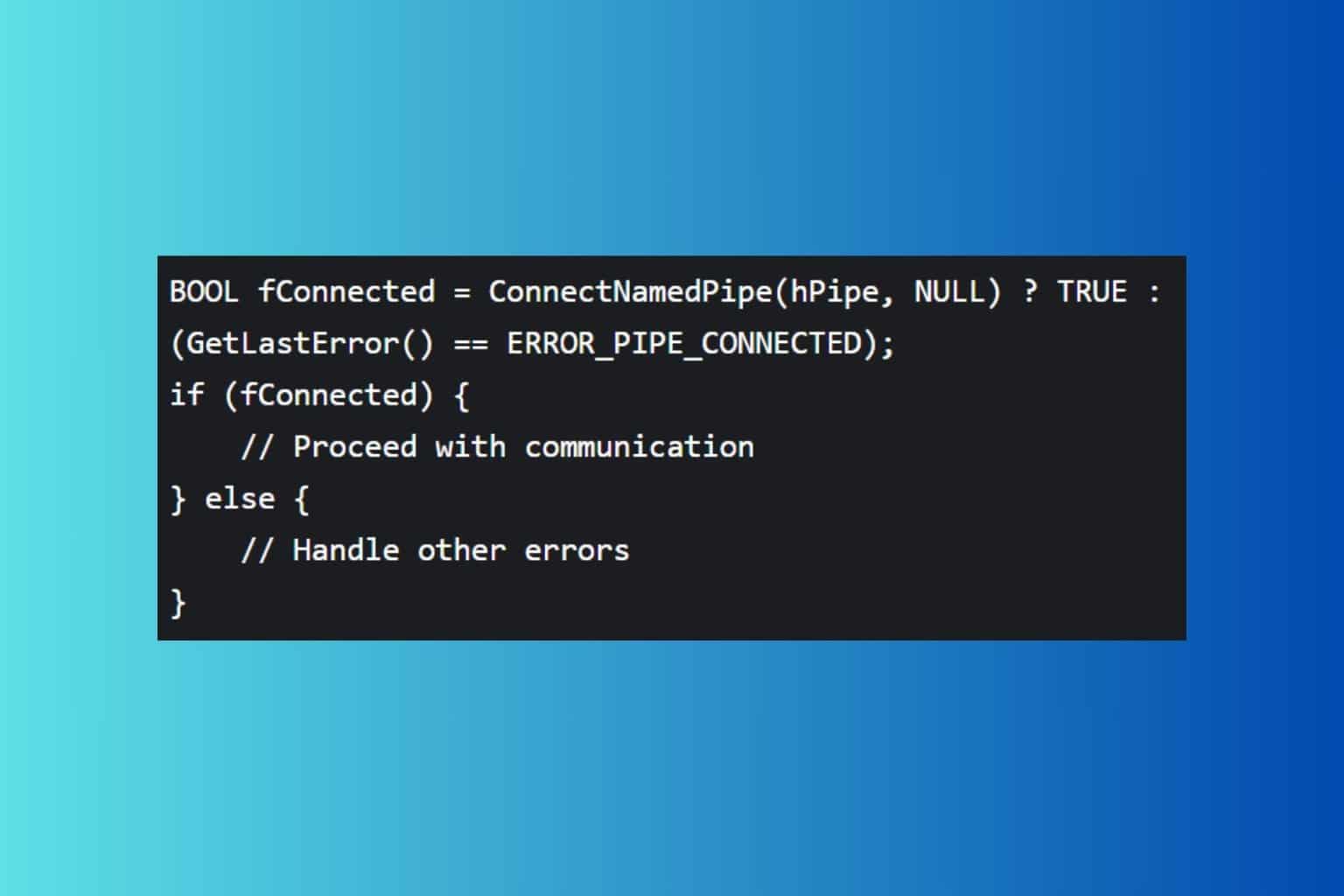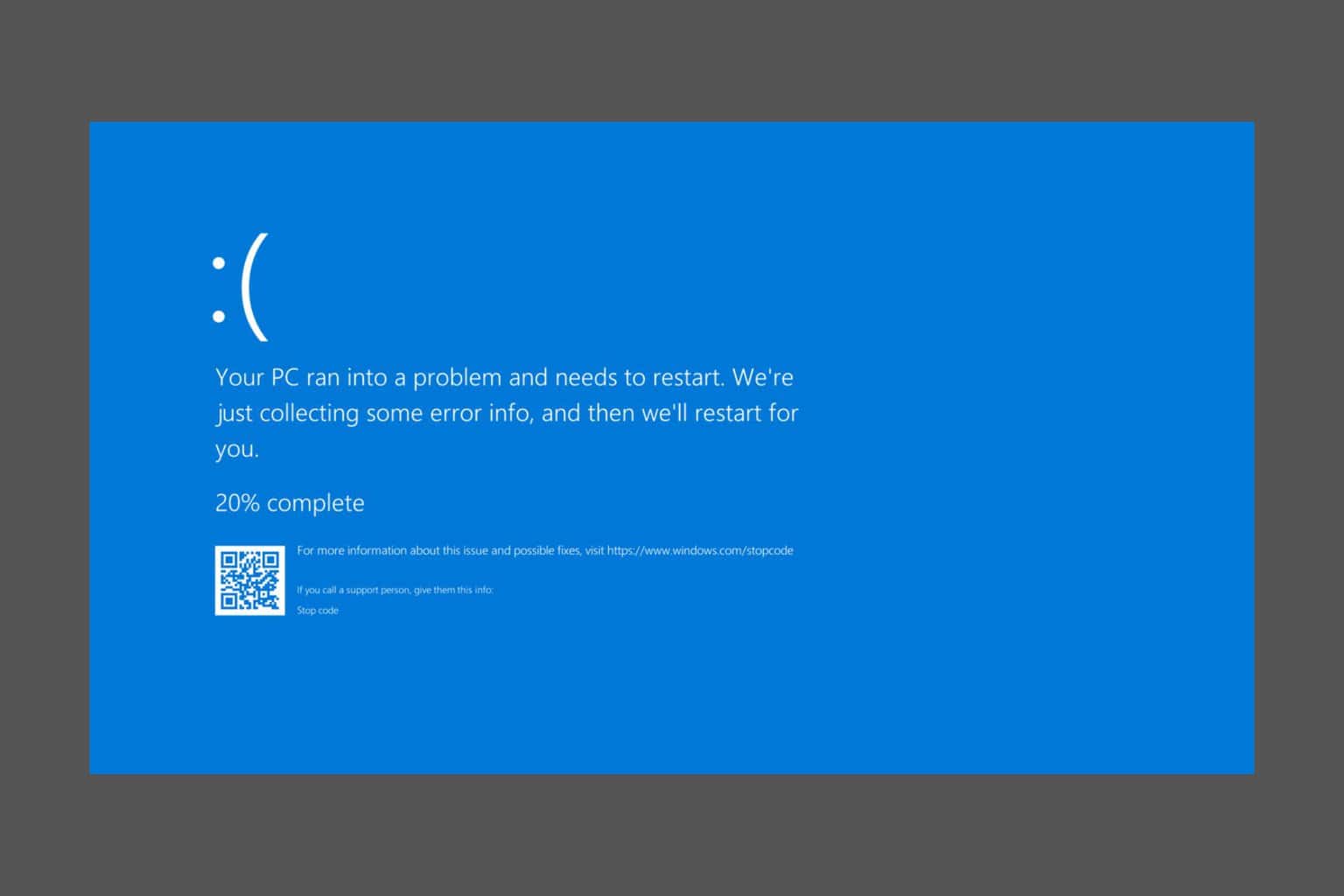Revolutionizing AI: Microsoft introduces a ‘Heavy Metal Quartet’ of Compilers
2 min. read
Published on
Read our disclosure page to find out how can you help Windows Report sustain the editorial team. Read more

In a world where technology continues to lead every aspect of our lives, Microsoft takes another leap forward. The tech giant has recently upped the ante by unveiling a trailblazing suite of four new artificial intelligence compilers.
Clad in the appellation of the Heavy Metal Quartet: Rammer, Roller, Welder, and Grinder, these tools are certain to elicit a headbanging response in technology.
The fresh batch of compilers has been forged in the foundry of Microsoft Research in synchrony with various esteemed academic institutions. These new tools are formulated to optimize AI models’ performance by redefining the compilation process.
The compilation, fundamentally, is the transformation from source code—the human-readable—into machine code—the computer-executable, or a series of ones and zeros.
Microsoft Research blog post gleams with the breakthrough achievements of these AI compilers. Jilong Xue, Principal Researcher at MSR Asia, elucidates their functions.
The AI compilers we developed have demonstrated a substantial improvement in AI compilation efficiency, thereby facilitating the training and deployment of AI models.
In the future, these large-scale models themselves may inherently assist in achieving optimization and compilation.
The Heavy Metal Quartet: Optimizing AI Workloads
Each member of Microsoft’s “Heavy Metal Quartet” tackles distinct conundrums in the sphere of AI workload optimization.
- Rammer: This system maximizes hardware parallelism, a pivotal component in performance. Consider it like many hands working simultaneously to lighten the load and enhance efficiency.
- Roller: Roller focuses on fast-tracking the compilation process using a rapid construction algorithm. It is designed to create the AI program you need in seconds, not hours.
- Welder: It is the band’s memory conserver. Welder aims to mitigate memory-related overheads by connecting operators in a concentrated pipeline.
- Grinder: Grinder syncs control-flow execution with data flow, resulting in optimization across control flow boundaries—a maestro of sorts.
Testing of these compilers shows an impressive advantage over existing solutions. Rammer and Roller outperformed their competition by 20x and reduced time frames by orders of magnitude, respectively. Welder left its peers, including PyTorch, trailing with up to 21x efficiency on GPUs. Grinder, not left behind, accelerator models with control flow by an outstanding 8x.
Microsoft’s ‘heavy-metal quartet’ represents the company’s pioneer advancements in the AI industry. With the ongoing growth of the AI sector, these four tools could potentially solidify the company’s standing as a significant contender in the tech world.








User forum
0 messages